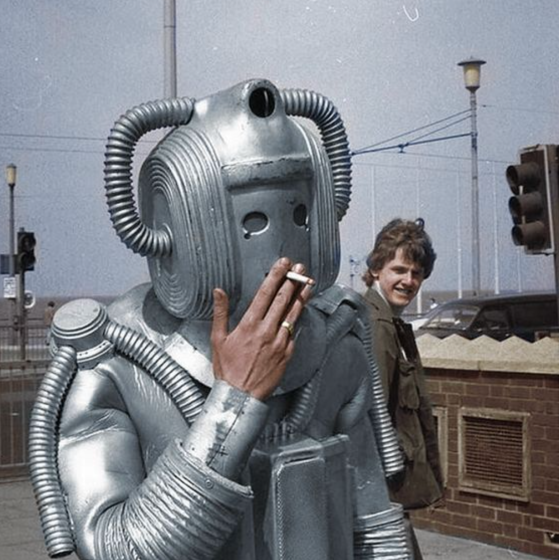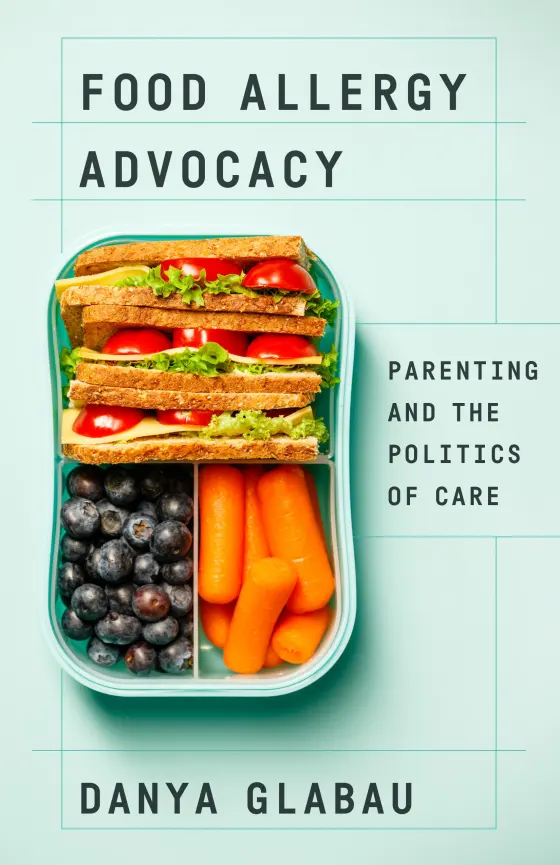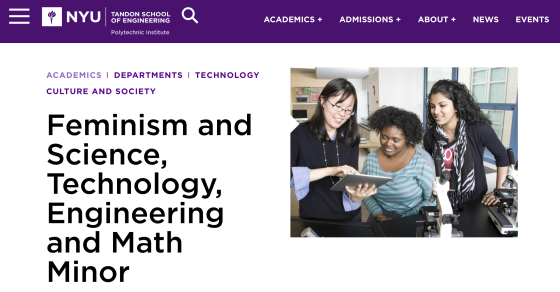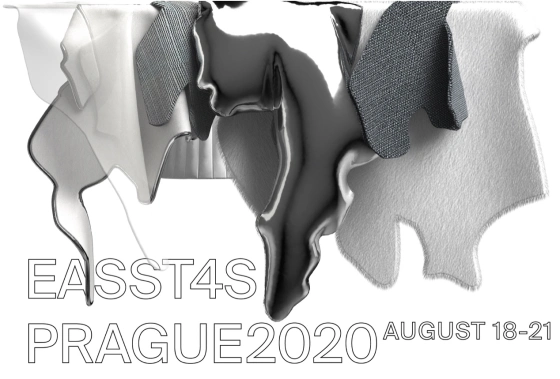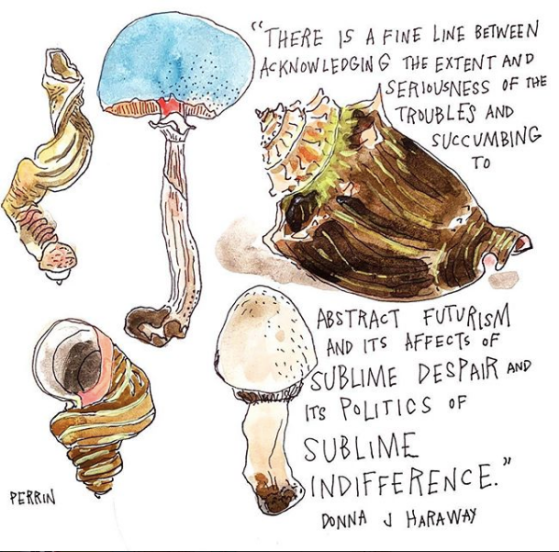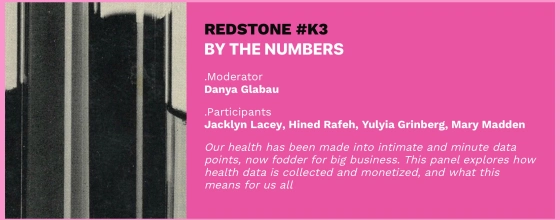Join me virtually from June 12 through July 3 for my latest four-week class at the Brooklyn Institute for Social Research, Donna Haraway: Cyborgs, Science, and Gender!
Tag: STS
My book is out now! Food Allergy Advocacy: Parenting and the Politics of Care
My book based on my food allergy advocacy research, Food Allergy Advocacy: Parenting and the Politics of Care, is now out from the University of Minnesota Press! You can order it via the press, via online retailers, or request it from your local bookshop.
Covid-19 and the Politics of Care
This essay analyzes how caretaking in a crisis, like the COVID-19 pandemic, falls back on cultural ideas of who is most “naturally” fit to care for children.
EASST/4S 2020: Health Made Digital Virtual Panel
This panel is a collaboration between Danya Glabau and Hined Rafeh. This panel investigates how the STS approaches to defining “digital health” and “health information” contribute to understanding health and biomedicine as deeply political matters.
Feminism and STEM Minor at NYU Tandon
In the Fall 2019 semester, I established a new minor, Feminism and STEM, in my role as the Interim Director of the Science and Technology Studies undergraduate program.
EASST/4S 2020 CFP: Health Made Digital
I am co-organizing a conference panel for EASST/4S 2020 with RPI PhD Candidate Hined Rafeh, titled Health Made Digital. The panel has been accepted in the Medicine and Healthcare track of the conference as an open panel. Abstracts accepted until February 29, 2020.
Science & Feminism Syllabus
In the summer 2019 6-week session, I am teaching my first Science & Feminism class at NYU Tandon School of Engineering. Read on for the reading list and class activities.
By the Numbers: Theorizing the Web Keynote Panel
Our health has been made into intimate and minute data points, now fodder for big business. This panel explores how health data is collected and monetized, and what this means for us all.
Bill of Health
Rather than alleviate risks in a cost-efficient manner, the rush to build new data-driven business models is producing different ones. If health data is capital, the collection of health data is a new form of profit sharing.
Natural’s Not In It
Science fiction reveals that the social facts many have taken for granted — things like gender, race, sex, class, hierarchy, and domination that are often attributed to “human nature” — are not inherently true and could be otherwise in the future.
Cyborgs and Cybernetics Syllabus
In the fall 2018 semester, I am teaching a semester-long class on Cyborgs and Cybernetics at NYU Tandon School of Engineering. You can find the reading list in this post.
The Politics of Infrastructure at BISR Starts June 5
What does it take to build an infrastructural system? What kind of norms do infrastructures enforce, and what kinds of people do they allow to thrive? What kinds of worlds do they make possible? This year we’ll focus on the politics and possibilities of digital infrastructures. Starts Tuesday, June 5th in NYC.
The Politics of Infrastructure: Review from the New York Academy of Medicine
The New York Academy of Medicine Library reviewed my June 2017 Brooklyn Institute class, The Politics of Infrastructure.
Donna Haraway course at BISR starts July 13
My upcoming course (new and improved for 2017!), Donna Haraway: Gender, Science, and Objectivity at the Brooklyn Institute for Social Research, starts July 13th at The Workmen’s Circle in New York, NY. Course meets for 4 weeks and is capped at 20.
Science, Race, and Colonialism at BISR starts July 10
My upcoming course, Science, Race and Colonialism at the Brooklyn Institute for Social Research, starts July 10th at The New York Academy of Medicine. Course meets for 4 weeks and is capped at 20.
Necessary Purity
It is even tempting to regard food allergy as the signature disease of modernity. If so, a return to pure, clean living — avoiding pollution, pesticides, the hustle and bustle of modern life — would seem to be the solution.
The Anthropocene Body
What does it mean to have a body in the Anthropocene? This talk was delivered as a faculty Lightning Lecture at the Brooklyn Institute for Social Research First Annual Institute Social on May 20th, 2017.
CFP: 2017 Science, Technology, and Medicine Graduate Paper Prize
The Science, Technology, and Medicine (STM) interest group of the Society for Medical Anthropology is pleased to welcome submissions for the 2017 STM Graduate Student Paper Prize. This prize is awarded annually for a paper that offers an innovative approach to issues in science, technology, and medicine. Deadline is July 1st, 2017.
Biofinance: Speculation, Risk, Debt, and Value from Bios: A conference report
How does the financialization of life itself figure as a new means of producing value in modern technoscience? That is the question that motivated Kirk Fiereck to convene the panel “Biofinance: Speculation, Risk, Debt, and Value from Bios” at the 2016 American Anthropological Association meeting in Minneapolis, Minnesota last November.
Politics of Infrastructure at BISR starts June 5
What does it take to build an infrastructural system? What kind of norms do infrastructures enforce, and what kinds of people do they allow to thrive? What kinds of worlds do they make possible? The Politics of Infrastructure at the Brooklyn Institute for Social Research starts Monday, June 5th at the New York Academy of Medicine.

